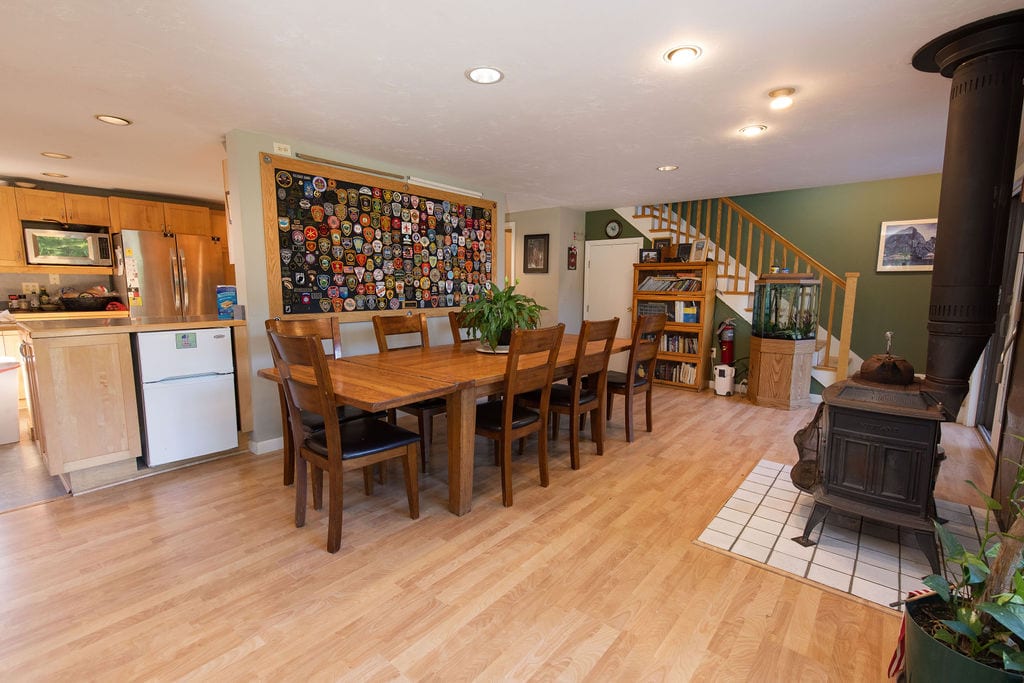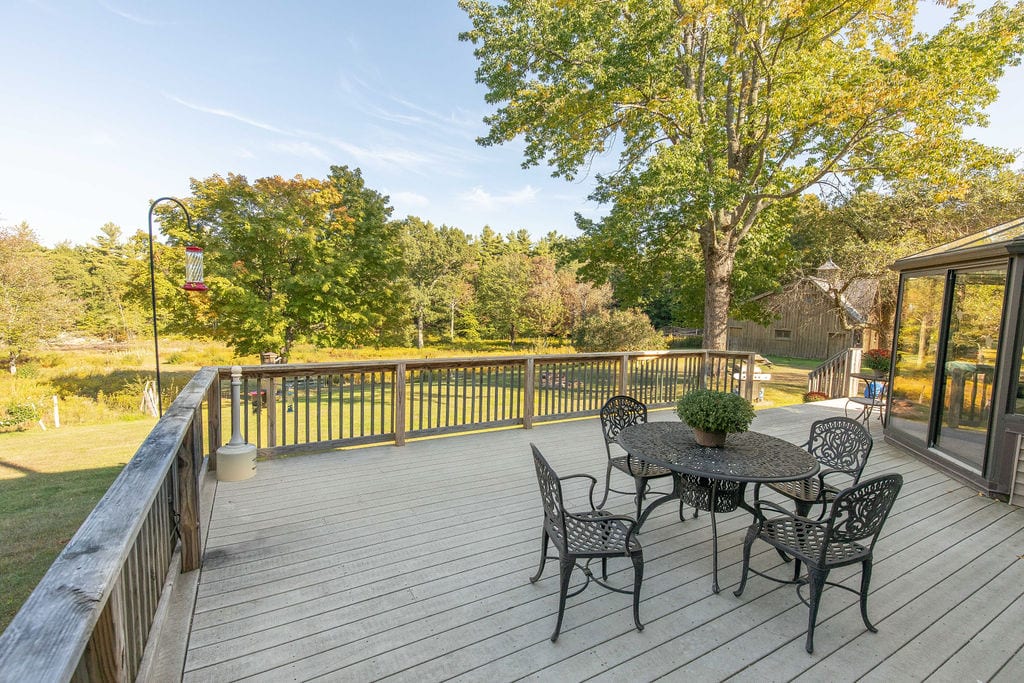March 31, 2021 Community Stories
Serving Those Who Serve
The unfathomable tragedy of the Soldiers’ Home in Holyoke—where 76 veterans died of COVID-19—was a trauma suffered not only by the residents’ bereaved families and friends but by nurses working at the Home.
For years, nurses had cared for these veterans. They knew their stories, favorite foods, TV shows, and beloved visitors. Nurses cared for dozens of these same residents as they fell ill and died. A nurse was often a veteran’s last human contact on this earth, holding hands and bringing a cellphone close for a loved one’s goodbye.
Hayden Duggan described the profound commitment of many nurses. “Their job is their identity. And when they are unable to take the best possible care of people, they suffer trauma and feel a deep sense of responsibility and failure.”
Duggan runs On-Site Academy, a Westminster-based nonprofit that provides counseling, education, and residential treatment to help emergency responders and other human service personnel manage the stress of their jobs. The Academy has served many frontline workers including those affected by 9/11, the Worcester Cold Storage fire, and the Boston Marathon bombing.
Last year, the Community Foundation of Western Massachusetts approached Duggan with a grant from the COVID-19 Response Fund to help COVID-19 first responders in the region, including the nurses of the Soldiers Home. Once Duggan learned more, he was committed. The trauma stories of Soldiers’ Home nurses, he said, are “among the worst I’ve ever heard. One nurse lost 22 of her patients. Many nurses became infected themselves.”
One nurse said, “Many of us were angry and hurt and felt like we were not being heard. I found it hard to manage my own emotions. I would be angry over something like a lost pen and then the next moment I would be crying.”
On-Site Academy approached the Soldiers’ Home employees sensitively. It staffed an office at the Home with two people who themselves were first responders. The two wandered the halls and chatted at nurses’ stations, doing what Duggan calls “roving peer counseling” and building trust. They offered one-on-one counseling at the Home and offsite. A five-day residential program was a more intensive offsite treatment option.
“The trauma I experienced was affecting my work, home, personal life, and relationships. But I was worried about how getting support would look at work,” said a nurse.
Dozens of Soldiers’ Home employees overcame their reluctance to seek help and, through the Academy, learned new tools to manage stress and process trauma.
Many took part in the Academy’s residential program and were glad they did. “It is hard to describe the feeling of sharing my story and my emotions and the peace the process gave me,” said one nurse. She was able to return to work, where she encouraged her colleagues to take advantage of the Academy’s support. “I don’t know where I would be today without the program.”
On-Site Academy will continue its work at the Soldiers’ Home through July. The first-year anniversary of the outbreak is bringing up difficult feelings for many of the staff.
“I’m incredibly grateful to the Foundation for coming forward with critical grant support,” says Duggan. “We share the value of serving those who serve.”
Among its many programs, On-Site Academy offers intensive, five-day residential treatment for rescue and human services personnel at Windy Hill Farm, a retreat-like facility in Westminster, Mass. (Photos courtesy of On-Site Academy)


